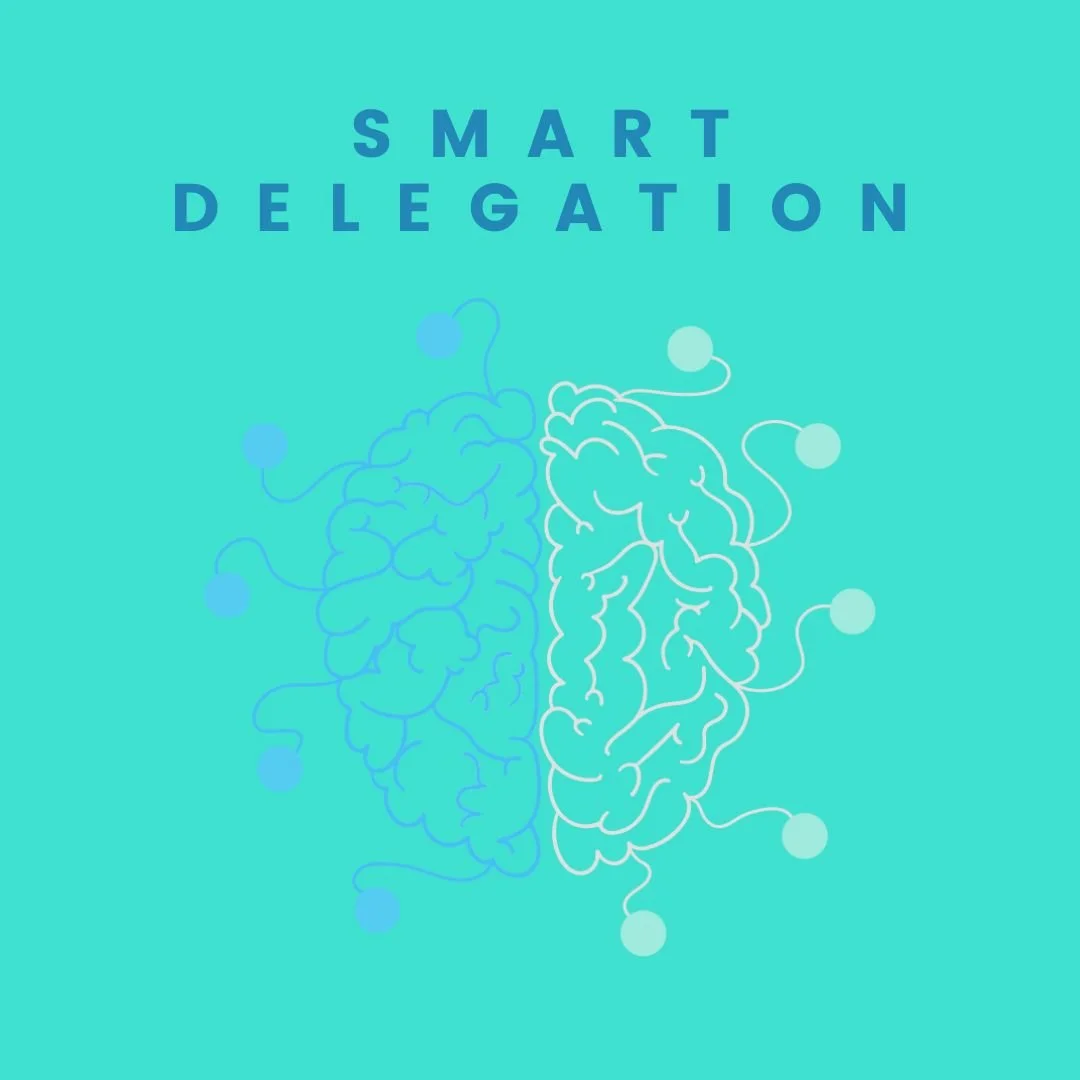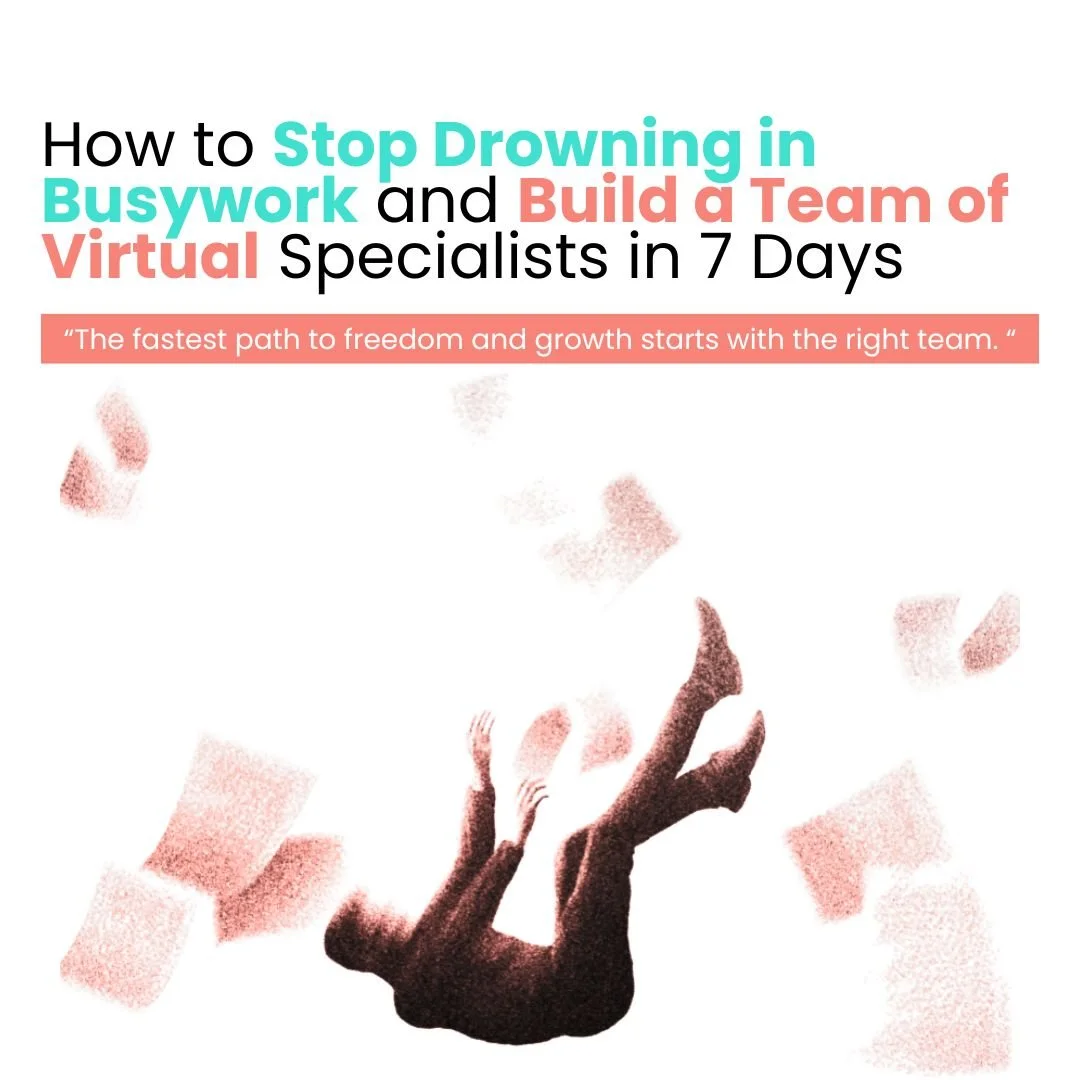Digital Habits of Successful People That You Should Adopt
Successful people adopt healthy digital habits like limiting social media, managing emails efficiently, turning off notifications, and spending device-free time to boost focus and productivity.
In today’s fast-paced digital world, the habits we form online can greatly influence our productivity, focus, and overall success. From managing emails and social media to organizing digital devices efficiently, the ways we interact with technology can either enhance our performance or distract us from our goals. Successful individuals often cultivate specific digital habits that help them stay organized, focused, and in control of their time.
In this blog, we explore the digital habits of highly effective people, highlighting actionable strategies you can adopt to optimize your digital life, reduce distractions, and boost productivity. We’ll also look at common bad habits to avoid and practical tips for replacing them with healthier routines.
WHAT’S KEEPING YOU STUCK IN THE WEEDS?
This guide reveals the roadblocks and tools you need to delegate smarter—not harder.
What Are Digital Habits?
Your digital habits encompass both good and bad habits when it comes to your use of digital technology, such as digital devices and media. These habits are somewhat connected to digital etiquette or netiquette, which is a set of electronic principles that regulate your use of technological devices and your interactions with others.
Examples of healthy digital habits are limiting social media usage, avoiding blue light devices before bedtime, and practicing responsible data and password management. Conversely, unhealthy digital habits include being overly reliant on your phone, having an overloaded inbox with unnecessary subscription emails, and keeping countless unused apps on your device.
While we rely on digital devices and media for greater convenience and accessibility in daily life, there are also negative repercussions for our physical, emotional, and mental well-being that we must be mindful of.
Related Article: How to Grow Your Digital Marketing Agency in 2025
Top 9 Examples of Good Digital Habits From Successful People
Successful people often share similar digital habits that enhance their success, whether it be directly or indirectly. Adapting these habits can increase productivity, enhance relationships, and even improve physical health.
1. Leave Their Phones Alone in the Morning
Productive individuals limit phone use to morning alarms and, after turning it off, refrain from using it until their daily routine is completed. This practice offers a sense of control over one's time and allows for personal decision-making. Most importantly, it grants time for reflection before tending to others' demands. Give it a try to see the difference it can make in your day.
2. Send Emails During Business Hours
Timing your emails is crucial for business owners and managers, as their employees may feel obligated to respond immediately upon receiving them. It's advisable to postpone sending non-urgent emails until the next day. Accomplished individuals save late-day emails as drafts or utilize scheduling tools like Boomerang for Gmail to avoid forgetting to send them.
3. Turn Off Phone Notifications
Individuals who achieve success have a habit of disabling all non-essential phone notifications when they require uninterrupted concentration, like during work or meetings. Furthermore, they also refrain from activating push notifications for personal applications throughout the day, preventing any urge to check their phones when it vibrates. This practice not only enhances productivity but also eradicates the impolite and frequently observed behavior of distracting oneself with trivial phone activities while in the presence of others.
4. Have an Uncluttered Home Screen
When looking at the home screens of successful individuals, one may notice a small number of apps. Successful individuals typically only display essential apps, such as notes, mail, messaging, and phone call apps, which do not encourage unnecessary usage. They organize their remaining apps on screens that require more effort to access. Although it may appear insignificant, keeping apps out of sight aids in keeping them out of mind. Thoughtlessly tapping on an unused app can consume a considerable amount of time.
Related Article: Five Success Tips for First-time Entrepreneurs
5. Regularly Get Rid of Irrelevant Apps
Turning off alerts one app at a time can be a tedious task. However, you can save time by getting rid of apps that have no use to you. Successful individuals make it a habit to regularly go through their phones every few months and delete any unnecessary apps. This practice of digital minimalism not only helps you feel more organized but also promotes a calmer state of mind.
6. Take a Break from Social Media
Social media is undeniably addictive, and even individuals with great self-discipline have difficulty resisting the urge to check their accounts. As a result, more individuals are making the decision to delete their accounts completely.
Despite the conventional belief that social media is primarily used by younger generations, Gen Z users are, in fact, abandoning these platforms en masse. A survey of approximately 1,000 participants revealed that nearly two-thirds plan on taking a break from social media, with more than a third indicating they'll permanently quit these platforms. Interestingly, research has shown that individuals often feel more connected to those around them when they disconnect from social media and cease to be bombarded with constant updates regarding others' seemingly perfect lives.
7. Unsubscribe from Email Mailing Lists
Attaining inbox zero is an unattainable feat when you are bombarded with numerous emails on a daily basis. Successful people do not disregard emails they have no intention of opening; instead, they opt out of mailing lists. Opting out of all the mailing lists you have somehow become a part of requires minimal effort, but you will enjoy its benefits regularly.
8. Spend Time Device Free
Individuals with healthy digital habits allocate several hours each day to non-screen activities, including hobbies like working out, walking, engaging in art projects, and reading physical books. Moreover, these accomplished individuals habitually put their phones away, especially when they are in the company of others, particularly during meal times or when socializing with friends and family. Rather than reaching for their devices when conversations dwindle, they demonstrate their interest in the relationship by proactively initiating new topics.
9. Stick to a Schedule
Successful individuals do not deal with emails as soon as they receive them. Rather, they dedicate specific periods during the day to attend to their inbox, whether that be once or up to three times daily. The frequency is not as crucial as the avoidance of incessant email checking. This strategy extends to other digital behaviors that can consume excessive amounts of time, such as managing social media, conducting research, and organizing schedules.
Examples of Bad Digital Habits
Although stopping bad digital habits are far more challenging than adopting positive habits, it is nonetheless feasible. Below are some examples of bad digital habits that one may exhibit and recommendations on how to eliminate them.
1. Never Leaving Your Phone Alone
If you discover that you are excessively reliant on your phone throughout the day, distancing yourself from it physically may be the optimal solution. If you catch yourself reaching for your phone during activities that require your attention, keeping your phone in a separate area or shutting it away in a drawer may help reduce your temptation. Consider monitoring the number of times you check your phone daily and compare it to your established baseline. You may be taken aback by the results.
2. Spending Too Much Time on an Unproductive Activity
Many of us tend to devote an excessive amount of time to a particular activity, such as social media, online shopping, gaming, or other online pursuits. And one of the most straightforward ways to reduce such behaviors is to establish a time restriction for the corresponding app. If you encounter a difficulty in maintaining self-discipline, consider asking someone else to lock your phone from you without telling you the password for the time being.
3. Having Countless Open Tabs on Your Browser
With the abundance of quality content available online, it's easy to succumb to the temptation of opening multiple tabs at a time—only to be read later. However, this habit can quickly lead to a cluttered browser, making it challenging to find specific information.
While searching for a specific tab, one may stumble upon other forgotten tabs, leading to a deviation from the original task. Alternatively, a tab with a flashing notification may prove too irresistible to ignore.
To overcome this habit, it's important to be more mindful of the tabs you open. Start by skimming through the content and determine if it's worth exploring further. If it is, bookmark the page or add it to your browser's Reading List for later viewing. Set aside specific times during the week to go through your saved pages and prevent a backlog from building up.
Additionally, it's advisable to bookmark or close all open tabs at the end of the day to start fresh the next day. By following these practices, you'll keep your workspace organized and make it easier to find relevant information.
Related Article: Why Content Marketing Matters? Best Techniques
4. Constantly Checking Social Media
If deleting your social media profiles entirely seems like a big step, consider removing some of the apps from your phone as a middle ground. If turning off push notifications isn't sufficient, this is a practical alternative. You might be surprised to discover that you don't feel the urge to check your accounts as frequently when using the web versions
Conclusion
In today's fast-paced digital world, it's effortless to get caught up in our daily routine. We go through numerous emails, lengthy task lists, and endless meetings each day, which can leave us feeling overwhelmed and less productive in our roles. That is why cultivating good digital habits and avoiding bad ones can aid in maximizing productivity and efficiency online.
Furthermore, suppose you want to concentrate on your tasks and avoid being tempted by the internet's distractions. In that case, delegating some of your digital tasks to SMART VAs can be a great option. They can take care of everything from email and social media management, freeing up your time and preventing you from feeling overwhelmed. Click here to learn more.
HOW MANY HOURS ARE YOU WASTING?
See how successful CEOs save 40+ hours a month by building a Smart VAs team.
Frequently Asked Questions
-
Begin with small, manageable changes, like limiting social media, scheduling email checks, or turning off non-essential notifications, and gradually build a more productive routine.
-
Set boundaries by keeping your phone away during tasks, disabling push notifications, and taking scheduled device-free breaks to regain focus and control.
-
Regularly delete unused apps, organize your home screen, and close or bookmark unnecessary tabs to reduce distractions and streamline your workflow.
-
Yes, stepping away from screens allows for mental rest, reduces stress, and helps you focus better when returning to important tasks.
-
By letting SMART VAs manage emails, social media, and other repetitive digital tasks, you can focus on priorities, reduce overwhelm, and maintain healthier digital routines.
Ready to Work Smarter, Not Harder?
Smart VAs provides a team of highly skilled specialists from around the world, ensuring seamless support no matter the time zone. We take pride in delivering efficient, fast, and high-quality service so you can focus on growing your business. With one subscription plan, you gain access to a complete team of digital marketing experts that’s customized to your unique needs, eliminating the need to train and look for one yourself!





